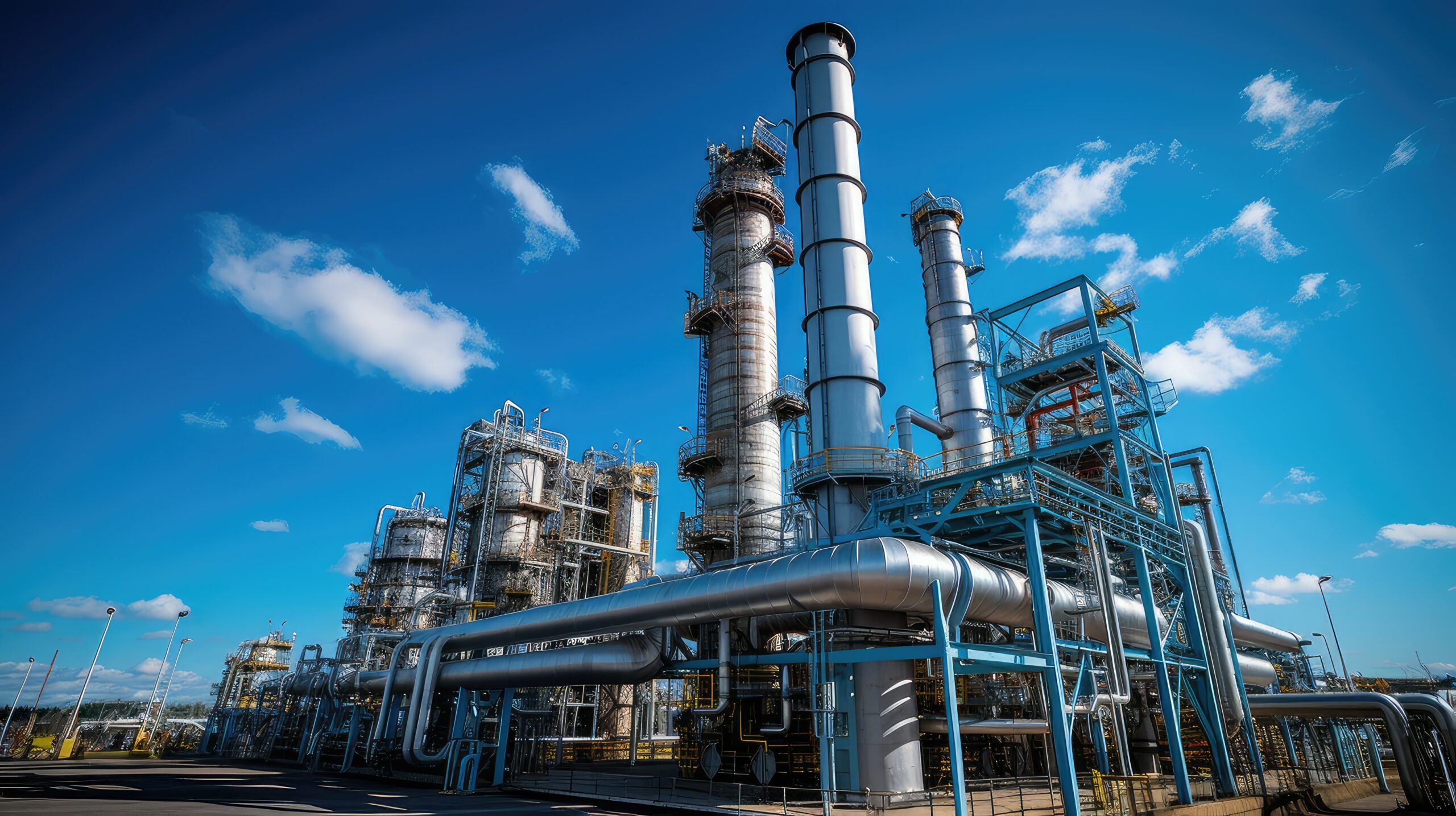
Karanveer Chawla: Optimizing Furnace Operations for Energy Efficiency
 Karanveer focused on a mid-sized manufacturer in central Pennsylvania that produces sintered metal components. Collaborating with PennTAP Technical Advisor Jenn Jones and Penn State Professor Robert Voigt , he studied the operation of sintering furnaces, which are critical to the manufacturing process.
Karanveer focused on a mid-sized manufacturer in central Pennsylvania that produces sintered metal components. Collaborating with PennTAP Technical Advisor Jenn Jones and Penn State Professor Robert Voigt , he studied the operation of sintering furnaces, which are critical to the manufacturing process.
Karanveer discovered that reducing furnace temperatures during downtime could dramatically cut electricity demand. He proposed a new production schedule that idles the furnaces rather than shutting them down, potentially saving the company over 700,000 kWh annually. This innovative approach not only highlights his analytical skills but also provides a practical solution for energy conservation in industrial settings.
“My favorite part of working at PennTAP would have to be going on site visits. What impressed me the most was the range of clients we work with,” Karanveer said.
Impact and Innovation
Both Pranaav and Karanveer’s projects illustrate the powerful role of energy efficiency in manufacturing. Their innovative solutions, developed with the guidance and support of PennTAP, demonstrate how Penn State graduates are leading the charge in addressing modern industrial challenges.
These success stories reflect PennTAP’s ongoing commitment to foster energy-efficient practices and enhance productivity in manufacturing. By empowering students to tackle real-world problems, PennTAP continues to drive positive economic and environmental impact across Pennsylvania.

